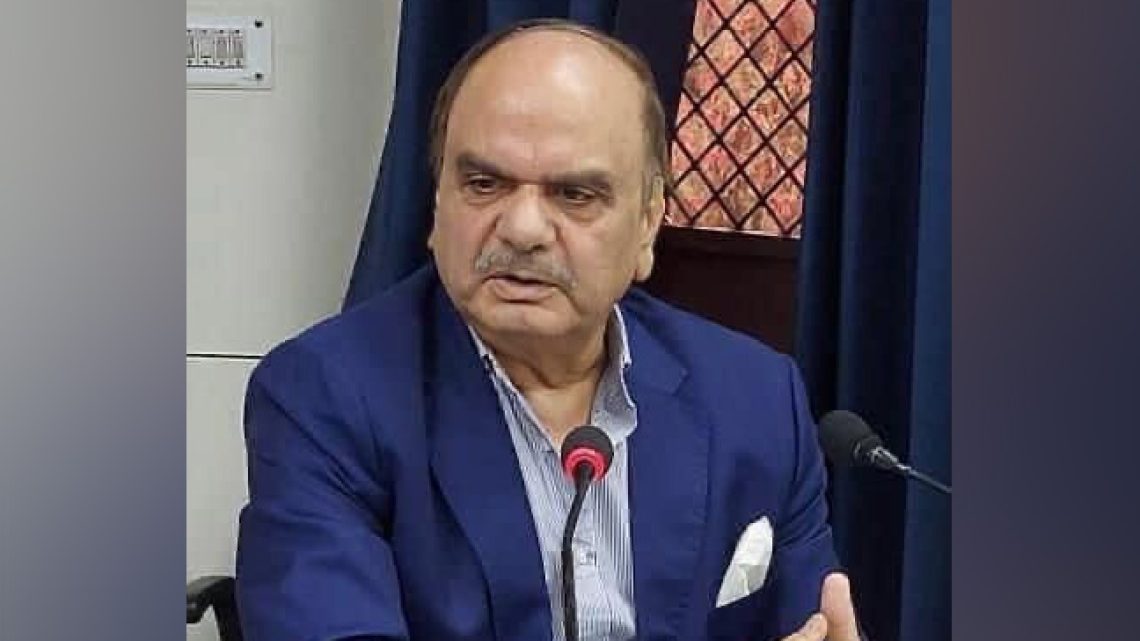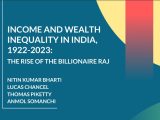
Ashok Bhan’s Call for Collective Action: A Path to Peace and Prosperity in Kashmir
March 28, 2024Renowned Kashmiri Pundit and Supreme Court lawyer Ashok Bhan has articulated a profound insight into the Kashmir issue, suggesting that the resolution and rejuvenation of Kashmir lie within the collective efforts of Kashmiris themselves.
Speaking at an event organized by the International Peace Forum, as reported, Ashok Bhan emphasized the pivotal role of democracy in addressing the multifaceted challenges confronting Kashmir. He asserted that democracy stands as the most efficacious instrument for fostering peace, stability, and societal harmony in the region.
Bhan’s perspective resonates with the stark reality that Kashmir has been blemished by prolonged conflict, resulting in immense human suffering, widespread destruction of property, and the displacement of its indigenous population. He underscored the urgency of a unified endeavour to ameliorate the grievances endured by the Kashmiri populace over the years.
Central to Bhan’s message is the acknowledgement that the Kashmir issue transcends mere political discourse; it is deeply intertwined with the collective aspirations and well-being of the Kashmiri people. By advocating for a democratic approach, he advocates for a framework that empowers all segments of Kashmiri society to actively participate in shaping their own destiny.
The call for collective action repeats a growing sentiment among Kashmiris for self-determination and reconciliation. It signifies a departure from the divisive narratives that have perpetuated conflict in the region, towards a more inclusive and participatory approach to resolving longstanding grievances.
Bhan’s assertion also carries implications for the broader discourse on conflict resolution. By highlighting the indispensability of democracy, he underscores the importance of upholding principles of justice, equality, and representation in the pursuit of peace.
Furthermore, Bhan’s perspective challenges external interventions and underscores the agency of Kashmiris in charting their own course towards peace and prosperity. It underscores the need for inclusive dialogue and genuine engagement among all stakeholders to forge a sustainable and equitable resolution to the Kashmir issue.
To conclude, Ashok Bhan’s remarks serve as a poignant reminder that the path to peace in Kashmir lies not in external imposition or unilateral actions, but in the collective will and agency of the Kashmiri people themselves. As Kashmir continues to deal with its complex realities, his words resonate as a beacon of hope, urging unity, dialogue, and democratic governance as the foundations for a peaceful and prosperous future of the region.

